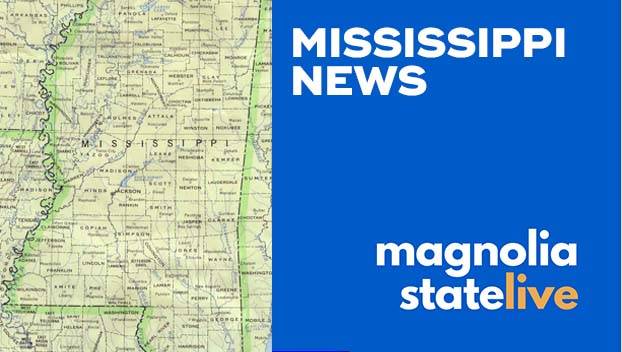Mississippi Legislature: Grocery store wine sales, flag changes and mandatory kindergarten bills die
Published 8:07 am Wednesday, March 4, 2020
Mississippi legislators on Tuesday faced their first major deadline of the 2020 session. It was the final day for House and Senate committees to consider general bills filed in their own chamber.
There is a later deadline for first consideration of spending and tax bills.
Here’s a look at the status of selected bills:
ALIVE
WELFARE VERIFICATION — Senate Bill 2257 would authorize the state auditor to check a sampling of tax returns to verify the income of people enrolled in Medicaid, nutrition programs or other types of public assistance. The bill has passed the Senate and the House, and it will be sent to Republican Gov. Tate Reeves.
TEACHER PAY — Senate Bill 2001 would give a $1,000 pay raise to most teachers and teachers’ assistants. Those in the first two years of their career would receive a raise of $1,100.
PRESCHOOL — Senate Bill 2286 directs the Legislature to increase state funding for preschool programs that currently serve only some of the 4-year-old children in the state.
SPECIAL NEEDS VOUCHERS — Senate Bill 2954 would reauthorize a program that creates vouchers for special-needs students to receive public money to attend private schools; the current program is set to expire at the end of June. The bill would set new limits by requiring that the money could only be used in schools that provide services a student needs.
CAMPUS ASSAULT — House Bill 158 would require each public university and community college to set a comprehensive policy to address student allegations of sexual assault, sexual exploitation, domestic violence, dating violence and stalking.
COLLEGE BOARD — House Bill 870 says the governor, the lieutenant governor and the Mississippi House speaker would each nominate members of the board that governs the state’s eight public universities. Currently, all nominations are made by the governor.
EQUAL PAY — Senate Bill 2522 would require equal pay for equal work by women and men. Mississippi is the only state without an equal pay law.
BAN THE BOX — Senate Bill 2112 would prohibit any state government entity from requiring a job applicant to disclose whether he or she has a criminal record, unless the person is seeking a job that requires a criminal background check.
HEMP — House Bill 1208 and Senate Bill 2725 would legalize the cultivation, processing and transportation of hemp by people who would be licensed by and registered with the Mississippi Department of Agriculture.
SEAFOOD MARKETING — House Bill 551 would require country-of-origin labeling for imported seafood.
DEAD
WINE IN GROCERY STORES — House Bill 981 and Senate Bill 2531 would have allowed the sale of wine in grocery stores. The only retail sites that can sell wine now are package liquor stores. People pushing to allow wine in grocery stores say that although the bills have died, the idea could be revived in other legislation later during the session.
VACCINATION EXEMPTION — House Bill 1060 and Senate Bill 2562 would have allowed religious exemptions to vaccination requirements for children to attend public or private schools.
MANDATORY KINDERGARTEN — Multiple bills would have made kindergarten attendance mandatory rather than optional.
CONFEDERATE MONUMENT — House Bill 1264 would have erased the power of governing boards to approve moving historical monuments, which would have banned the state College Board from considering the University of Mississippi’s request to relocate a Confederate soldier monument.
MISSISSIPPI FLAG — Multiple bills would have either redesigned the state flag to remove a Confederate battle emblem.
MINIMUM WAGE — Multiple bills would have set a state minimum wage higher than the $7.25 an hour federal minimum.
MEDICAID EXPANSION — Multiple bills would have expanded Medicaid coverage to the working poor.
More News





